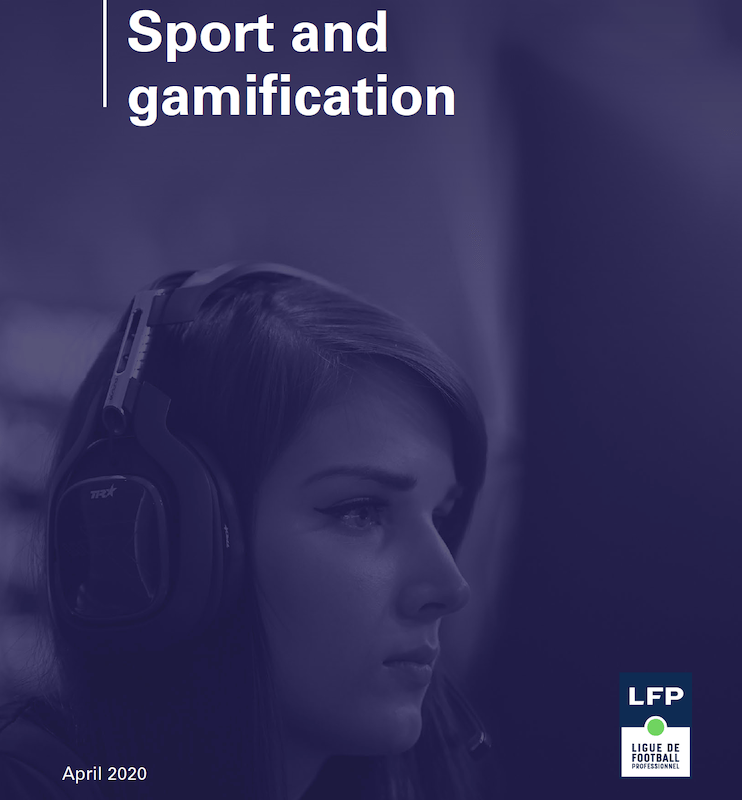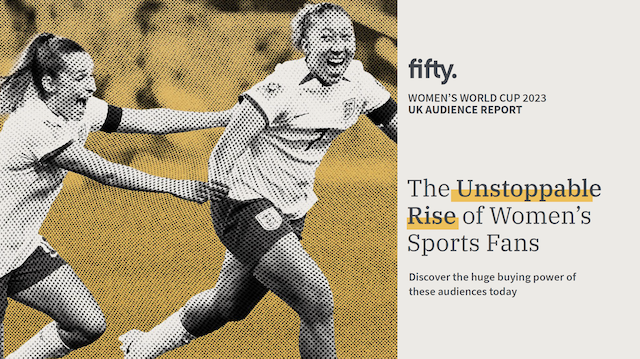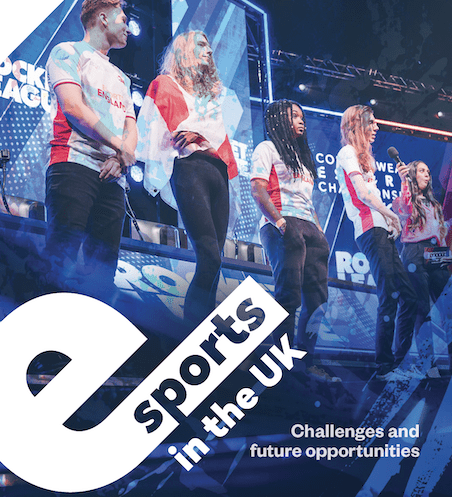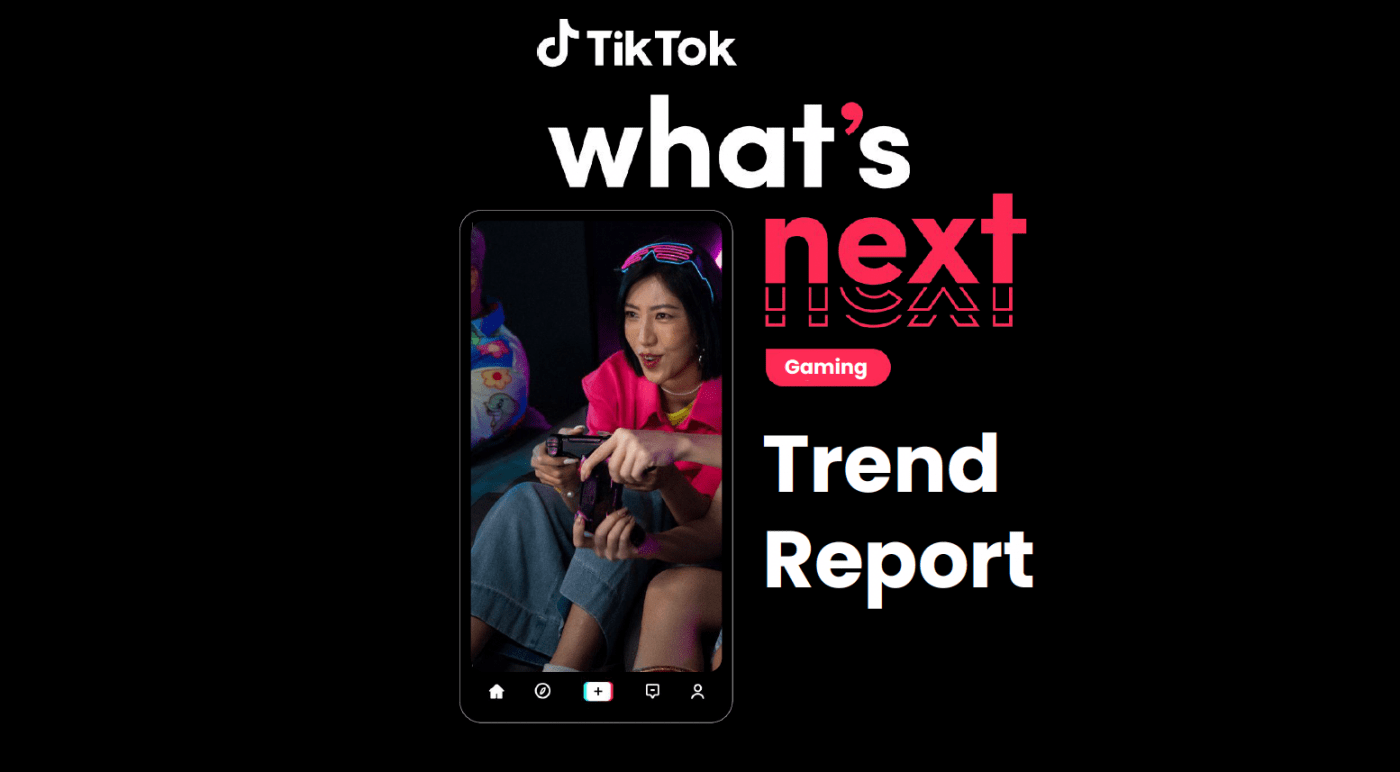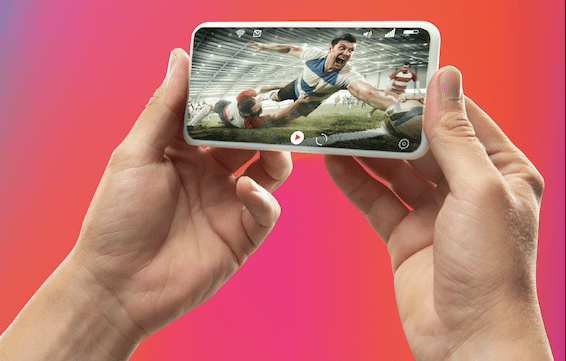Leaders sport and gamification report 2020 outlines the concept game theory explaining how it has been used in teaching and positive behavioural training, as well as being a mainstay of customer interaction in the digital age. More specifically it details how gamification has been used in successful fan engagement initiatives in sport. More interesting, and of value, is an insight into how the esports industry uses gamification techniques not just in the fabric of the games themselves, but for purposes as varied as talent scouting, community building, and fan monetisation – something sport can certainly learn from.
The main content themes of the sport and gamification report 2020 are:
- Digital communities – how social media uses gamification and how games have influenced membership schemes
- Experiential games – the use of games or game-like set-ups in public spaces
- Fantasy sports and betting – how fantasy has been used to extend interest in sport beyond game day and how betting is monetising fans
- Interactive content – giving fans control of what and how they view live sports
- Esports – detailing how familiar game experiences are being extended to fan experiences, community building, brand integration, fan monetisation, and talent scouting
The esports element of the report is by far the most interesting and valuable. There is a lot that is different from sports and indeed a lot of sports could learn from. Unless you’re a gamer, or deeply embedded within the esports industry, it’s likely you’ll be unfamiliar with how sophisticated games have become and the various techniques used to deepen engagement. The analysis covers:
- Online matchmaking: detailing how an amateur gamer is made to feel like a pro whilst also ensuring regular and ongoing engagement
- Curbing ‘toxic’ behaviour via reward mechanisms: as well as being rewarded for skill, players are rewarded for how they conduct themselves. League of Legends has Honor points that can be issued by one player to other players on the basis of their conduct. These points unlock in-game rewards and other perks but can be taken away from unacceptable behaviour (e.g. abusing another player)
- Encouraging team support, viewership, and engagement: gamers can also be rewarded just for watching certain content. In addition, players can buy ‘bits’ (a microtransaction currency on Twitch) which they can use to cheer their favourite teams and streamers. As a reward for these cheers players/viewers again unlock different rewards (e.g. team-based character costumes and skins). Reach a critical mass, and not only do their favourite teams benefit but all of the team’s fans do too by sharing in more benefits – helping build community and encourage ongoing fan engagement.
- Monetisation: Brands can easily be integrated into the reward system by games publishers and/or viewership platforms. Gillette partnered with Twitch with a simple sales promotion mechanic, ‘bits for blades’. Buy a Gillette razor and get bits to redeem online. Indeed the rewards that are given (e.g. emojis) can even be themed to the brand and be limited in supply to give scarcity value. Furthermore, there is the Battle Pass mechanism. Valve uses this to great effect in both generating direct revenue and raising money for esports prize pots, in this instance for The International (an esports competition in DOTA II). The Battle Pass is an in-game content pack that features numerous quests, achievements, and earnable rewards, which could not be earned normally. All of these are locked behind a levelling system, with players climbing from level one to a maximum of 1,000. Players could purchase the base Pass for $9.99, or a level 100 pass for $44.99. 25% of the revenue generated goes to what is consistently the biggest prize in esports ($34.3m in 2019), the rest is income – amounting to $130m in 2019. The size of the prize pot helps keep DOTA II in the public eye, relevant to the world’s best gamers and attract viewership.
Click here to download the sport and gamification report 2020.
If you would benefit from the advice of a sports and/or esports agency, Strive Sponsorship can help. Contact us for sports and esports strategy, sponsorship, commercial, content, operations, investment, and communications consultancy services.


